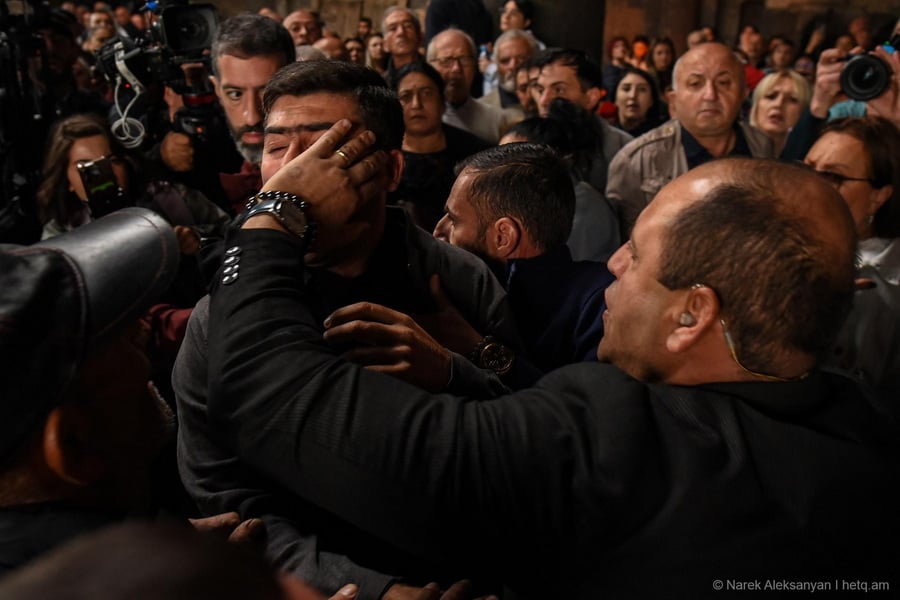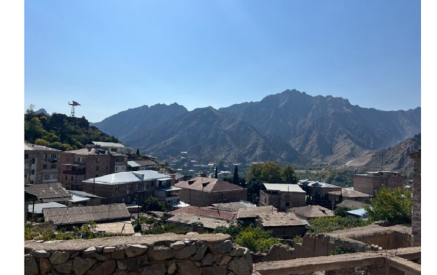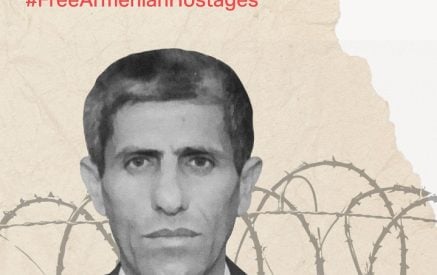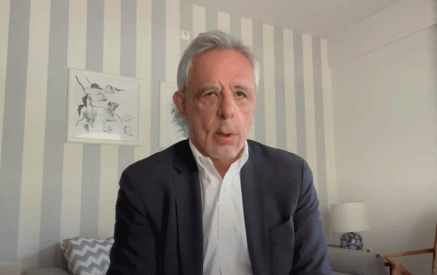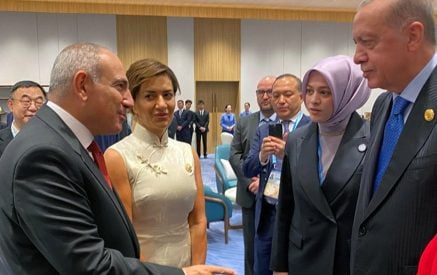“The people” and “the citizen” are among those words
Father Alexander Schmemann — whom I regard less as a priest and more as a spiritual thinker — has in his diaries many remarkable reflections on politics. Although those diaries were written in the United States in the 1970s–80s, where he carried out his ministry, Schmemann’s thoughts remain relevant to all countries and all times.
Like every conservative-minded thinker, he harbored deep doubts about the very idea of “progress” when it came to spiritual, cultural, or political development. In these domains, Father Alexander saw no progress whatsoever. “The political world,” he wrote, “has not advanced one step since the days of Tamerlane and Genghis Khan. The only difference is that today’s Khans constantly speak of ‘freedom,’ ‘justice,’ and ‘peace,’ whereas their predecessors honestly spoke of power and glory.”
The context, of course, was international: the great powers were locked in the Cold War, threatening each other with destruction — and, along with their “enemy,” the entire world. Yet they uttered all the “right words,” invoking freedom and justice.
Read also
The same can be said today. The West and Russia fight each other — ultimately, for money and power. But the former speaks of “democracy” and “human rights,” while the latter of “Orthodoxy” and “spiritual bonds.”
In Armenia, meanwhile, the first type of myth is more acceptable at the official level, because political patronage and most of the money now come from the West. Hence the hypocrisy on both sides: in Armenia, the authorities pretend to be a “bastion of democracy,” while Western powers praise our “great democratic achievements.” Yet Russia’s so-called “spiritual bonds” are, of course, no better.
The same pattern governs domestic life. The Armenian authorities wage a fierce struggle for their seats — through arrests, pressure, and KGB-style dirty “kompromats.” But all this must be seasoned with something, and among those “seasonings” are the words “people” and “citizen.” It turns out that the author of Pashinyan’s “Real Armenia” ideology is “the people”; that the persecution of opponents and clergy is welcomed “by the people”; and that “our citizen” will liberate the Mother See from a Catholicos disliked by Pashinyan and the Civil Contract Party — and appoint a new, “people’s” patriarch.
Which “people”? Which “citizens”? The majority of the Republic of Armenia’s citizens?
Are we to decide which clergymen are decent and which are not, who should be defrocked and who should not — by a majority vote of Armenian citizens? Or, since that majority voted for the Civil Contract Party, will these questions be decided at party congresses?
But the Armenian Apostolic Church does not belong only to the citizens of the Republic; it belongs to all Armenians. Should they all vote as well?
… I will conclude with the words of another twentieth-century thinker, Erich Fromm:
“As a matter of fact, there is virtually nothing that is not used as a rationalization for destructiveness. Love, duty, conscience, patriotism have been and are being used as disguises to destroy others or oneself.”
Aram ABRAHAMYAN




















































